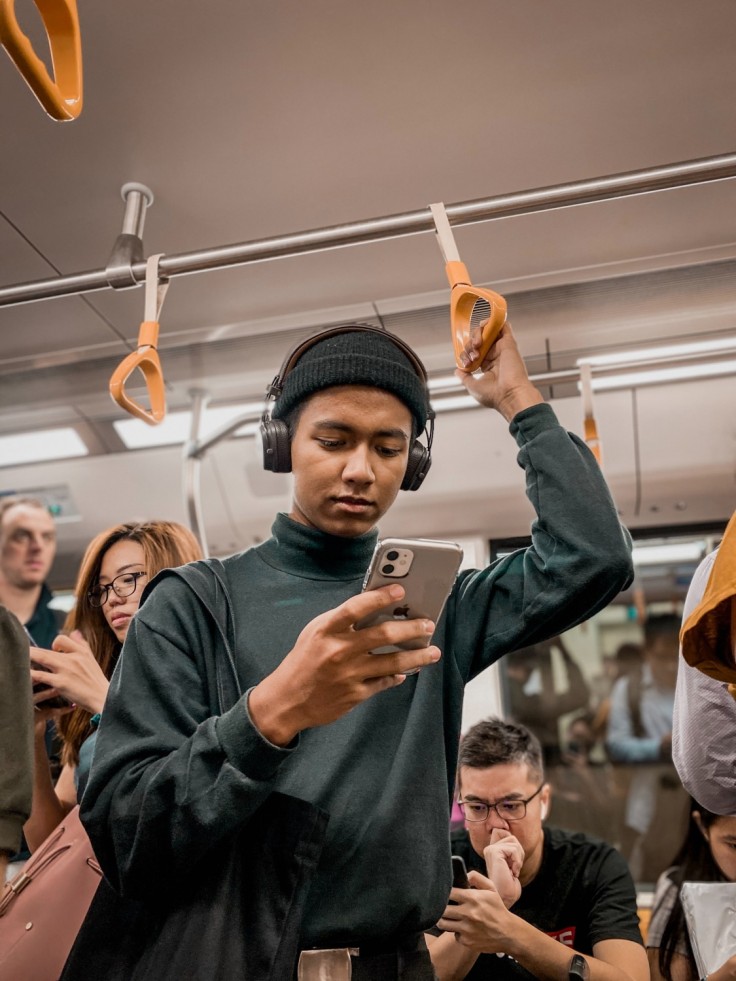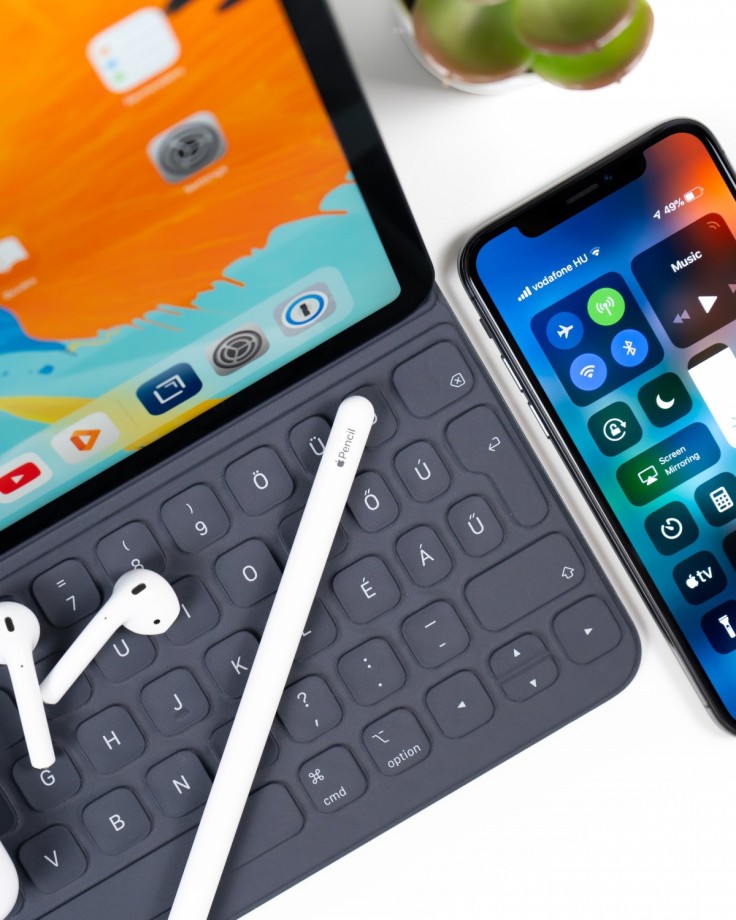The discussion about the effects of technology on our lives has been present as long as the technology itself. Some people truly believe that gadgets make us less social and connected. Others consider that they have many advantages to offer and there is nothing to worry about.
It is safe to say that devices and the internet made a lot of aspects of students' lives easier. They can now access almost any type of information instantly, connect with professors or colleagues, or ask for help from an essay writer from EssayHub if they cannot finish their tasks themselves. They can read an EssayHub review beforehand at NoCramming to make sure they choose right.
But the benefits come with disadvantages too. There are lots of studies on the role of gadgets and social media in our lives and education in particular. Let's see what different sides have to say.

Are Students Less Connected Because of Gadgets?
Many people believe that smartphones and social media have ruined our social skills, that we tend to spend our time behind the screen more than in face-to-face conversation. And they also believe that it is directly linked to the loneliness epidemic we now experience.
Based on the different data and research it is hard to state clearly whether it is true or not. Smartphones haven't been in our daily lives for long and have been studied well. And various scientists have various opinions and data to prove them.
Some believe that phones make people more social. They claim that online behavior is just a result of our characters and how we act offline. It means that more extroverted people will be more extroverted online and spend more time on socials and texting. And introverts will be entertaining themselves differently.
According to this point, the phones do not change our personalities or habits, they just enhance them. Strictly speaking, we do not know yet whether they make us less connected to other humans or not. There are different scenarios and too many variables as of now. But it is hard to ignore the dangers of gadgets addiction and the cons of social media for mental and physical health.
The study on young children using devices has proven that there are both pros and cons to it. The pros are:
Improvement of cognitive skills;
Better motor skills;
Better mood and having fun;
Opportunity to learn while playing;
The cons are:
Attention deficit;
Possible speech delays;
Anxiety and depression;
Increased learning difficulties.
The use of devices by young children should be balanced and addressed reasonably. What about its usage in education among students?

Pros and Cons of Devices in a Classroom
It is important to state that technology is a tool. It is not bad or good; it is the way we use it that matters. The opportunities it gives to make learning easier is amazing. But the learning process is at the center of the attention of teachers and students. The pros of using devices in a classroom are:
It opens new pedagogic opportunities. Professors can implement new methods and technologies to make the study process simpler and more fun.
It helps to engage in the educational process with students with particular needs and learning difficulties. There are software solutions built specifically for this cause. It makes the classroom more inclusive and education more accessible.
It helps to increase engagement and conversation between teacher and student. Some apps help everyone to work together on an assignment.
It also ensures full participation in the lesson.
Students have constant access to different information, including the most recent data and innovation. It helps to stay on top of the knowledge.
It is more environmentally friendly than having endless print-outs and papers.
Technology is one of the skills that are now included in basic knowledge. Having devices in a classroom helps to teach students about it.
Cons of devices in a classroom are as follows:
They can be the main source of distraction. Students can multitask and do something on their laptops during the lecture, which decreases focus and results in worsen learning.
They can result in enhanced cheating in class.
Devices can disconnect from interacting with other students face-to-face when they can just type in the chat.
To implement new pedagogic methods teachers will have to acquire new skills and possibly put more time in preparation.
Devices can cause addiction and certain health problems when used extensively. It may result in problems with sleep, concentration, anxiety, posture, and gaining weight.
In Summary
We do not know yet for sure whether gadgets make us less connected or not. They can serve many purposes and be as beneficial as harmful.
It all comes down to what we do with devices and how we use them. It is important to sometimes leave them for a time and get something else to do in the real world.









